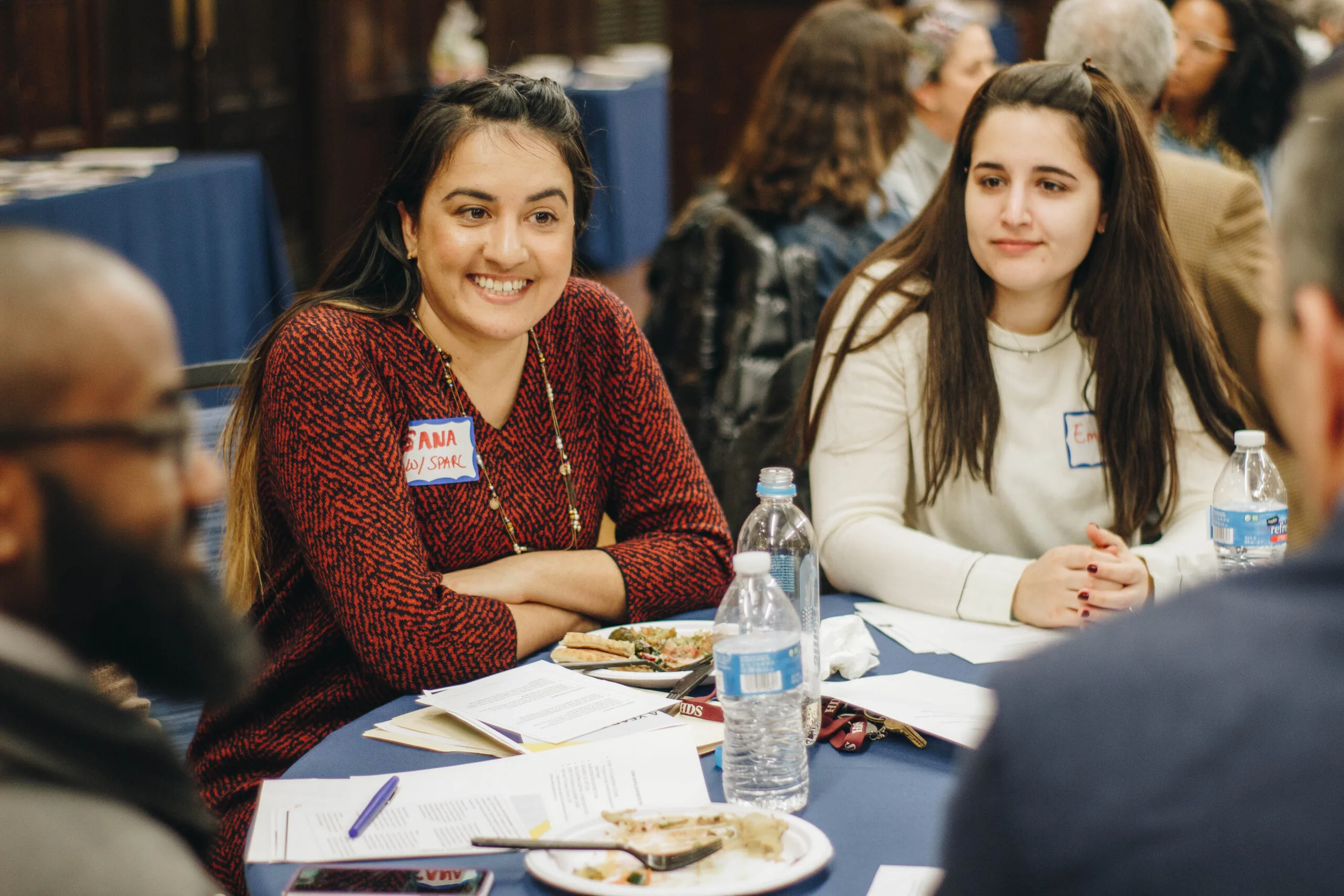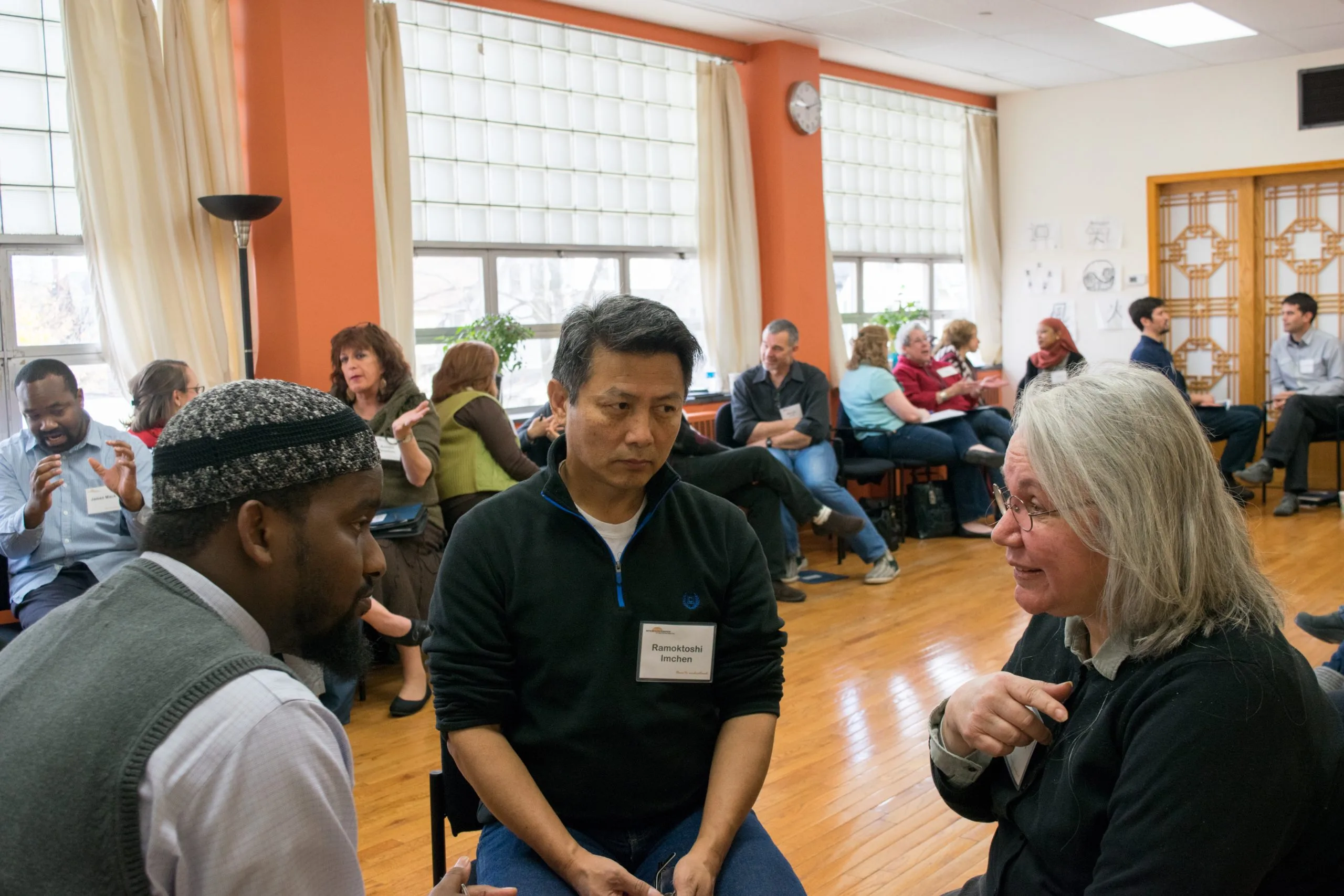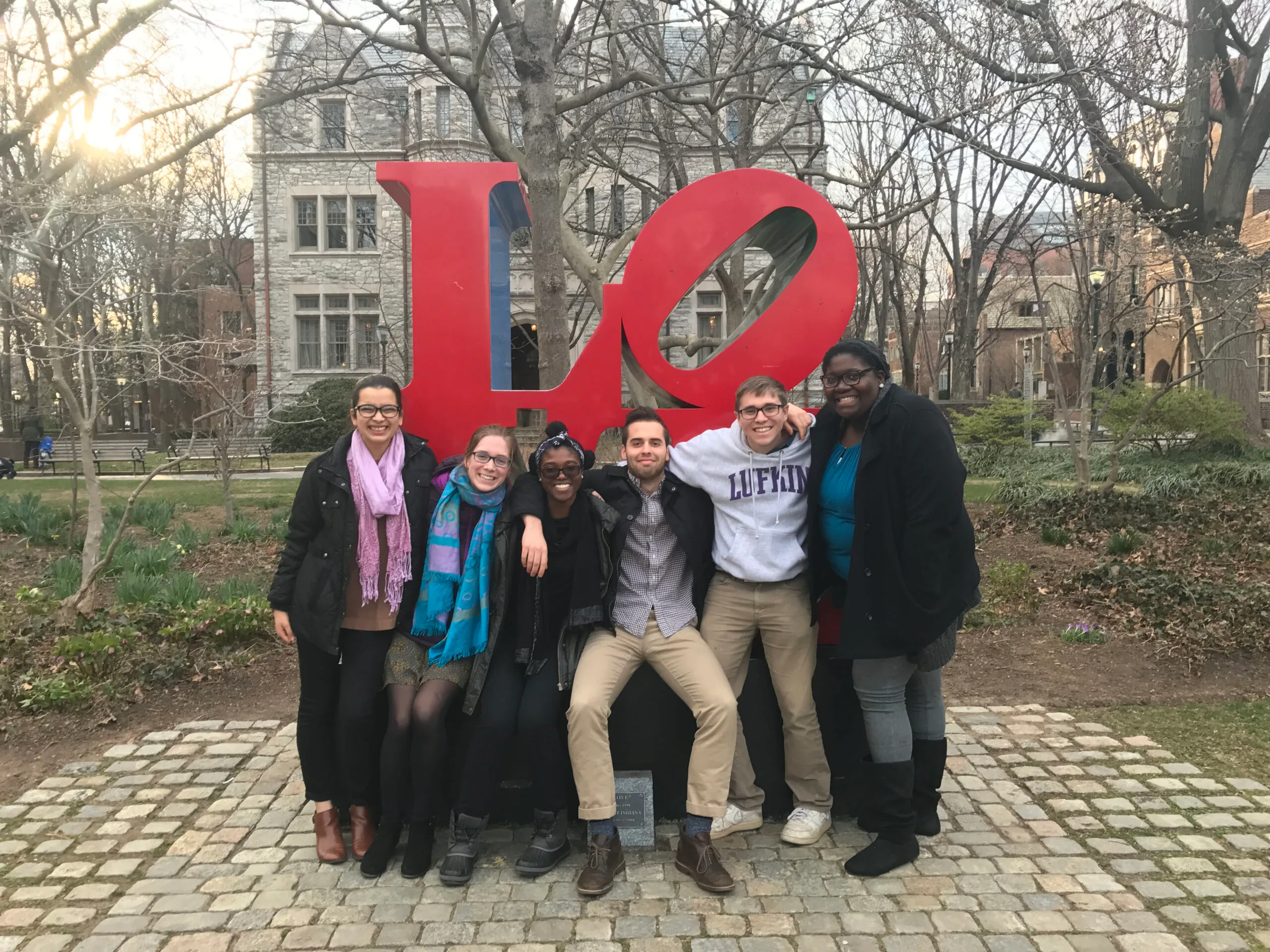History

Our Journey and Impact
Our organization was established by a diverse group of individuals, including clergy and laypersons with extensive experience in interfaith relations. Their goal was to transform a moment of national grief into a powerful catalyst for positive change within the community. They envisioned an agency dedicated to fostering reconciliation, building mutual trust, and encouraging collective action across various religious communities. This vision included promoting cross-cultural and multi-faith education, dialogue, and collaborative endeavors.
Over the years, Interfaith Philadelphia has evolved and grown in exciting and innovative ways. In our early days, we initiated numerous community programs and dialogues. These initial efforts gradually expanded into more formal conferences and workshops. Today, our scope has broadened significantly, encompassing a variety of signature initiatives aimed at fostering understanding and cooperation among different faith communities.
In the past two decades, we have proudly served over 50,000 individuals and collaborated with more than 350 religious congregations, educational institutions, civic organizations, and service groups. Interfaith Philadelphia remains one of the few organizations of its kind nationwide. We are frequently called upon by city government and local businesses to develop programs that promote understanding, cooperation, and relationships among individuals of different faiths.
Our Philosophy
At Interfaith Philadelphia, we teach more than mere tolerance. We believe embracing diversity in our neighborhoods, institutions, and workplaces is essential for building a cohesive, compassionate, and thriving society. Our efforts contribute to creating the kind of region and world in which we all want to live.
Interfaith Philadelphia holds itself accountable, at every level of the organization, to nurture an environment of inclusion and respect by valuing the dignity and uniqueness of every individual, and affirming the rich diversity of racial, ethnic, and religious communities. Interfaith Philadelphia commits itself to take meaningful action to cultivate an environment of fairness, belonging, and opportunity that embraces all people. We do so by striving to achieve globally recognized benchmarks for diversity, equity, and inclusion. (GDEIB)


Why Philadelphia?
Philadelphia, known as the "City of Brotherly Love," is the birthplace of religious freedom in the United States. Founded by William Penn, a Quaker, Pennsylvania was a sanctuary for all religious groups to worship freely without fear of persecution. Penn famously wrote:
"For you are now fixed at the mercy of no governor that comes to make his fortune great; you shall be governed by laws of your own making and live a free, and if you will, a sober and industrious life. I shall not usurp the right of any..."
Philadelphia's history is deeply rooted in principles of peace, understanding, and pluralism, and these ideals continue to flourish today. The city stands as a living testament to Penn's vision, from the thoughtfully planned downtown grid layout to the enduring spirit of tolerance and diversity that defines the "City of Brotherly Love."
